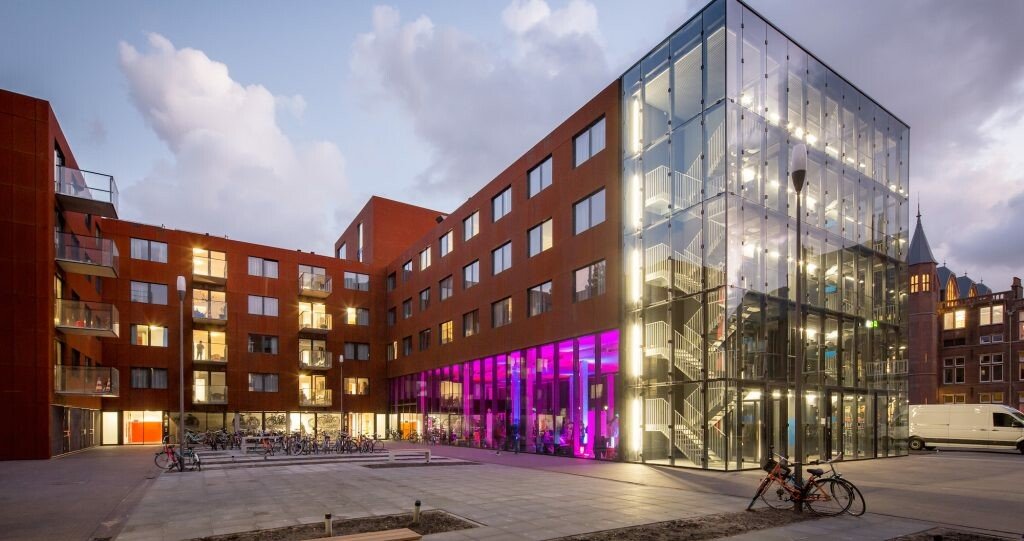“The investment mood is positive,” said Stefan Kolibar, head of marketing, communication and PR, Bonard. “According to the latest survey, 65% of investors plan to buy more in the sector, 25% have put their plans on hold because of the situation and only 10% are thinking of divesting. Zero per cent needed re-financing.”

Stefan Kolibar, Head of Marketing, Communication & PR, Bonard
The sector proved its resilience last year in the challenging conditions posed by the pandemic. A massive 79% of PBSA under construction was delivered on time in 2020, with only 21% delayed and often for reasons not linked to Covid-19.
The market also performed better than expected. Occupancy levels were down to between 85-95% in Germany, Benelux and CEE and down to 60% in Italy and Spain.
“Student accommodation adapted and became safe houses during the pandemic,” said Kolibar. “The Erasmus programme also was a big factor, as the 300,000 students enrolled are required to be physically present in their study destinations, even if the teaching is online, or they lose their funding.”
The biggest factor, however, was “the fact that students see their PBSA as their home and they prefer to be there”, he said.
Volume of transactions virtually unchanged in Europe in 2020
The transactions market also performed better than expected, with 74 deals completed in 2020 compared to 89 the previous year. The total transaction value was almost unchanged in Continental Europe, to €2.537 billion in 2020 against €2.554 billion in 2019.
Transaction value in the UK was higher, from €5.2 billion in 2019 to €6.4 billion last year, but the numbers were skewed by one massive deal – Blackstone’s acquisition of IQ Student Accommodation for £4.7 billion.
Transactions tended to be bigger in Europe, with an average value of €85 million and average size of 324 beds, than in the UK, where average value was €31 million and size 286 beds.
Looking at the pipeline ahead, €14 billion has been invested in new PBSA and 207,000 new beds will be added in the next two and a half years in Europe.

The expectation is that things will return to normal in the Autumn term 2021 and operators seem to be quite confident about occupancy levels between now and then.
“The majority (56%) are not planning any additional actions to attract students, while 20% are offering rent reductions for a limited time for students who genuinely cannot travel, 16% are offering free cancellation and flexible start dates and only 8% are giving Covid booking guarantees, meaning that you don’t pay if you don’t move in,” said Kolibar.





